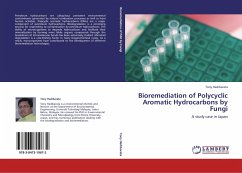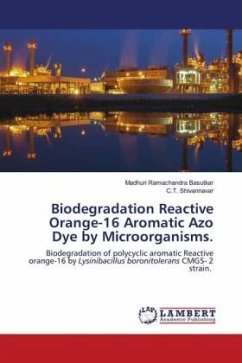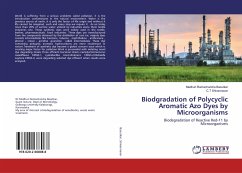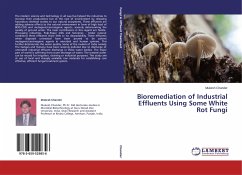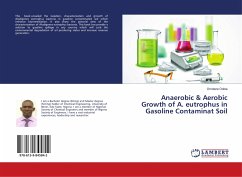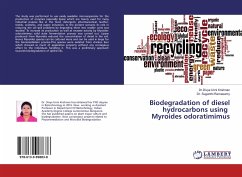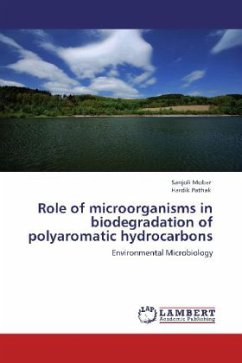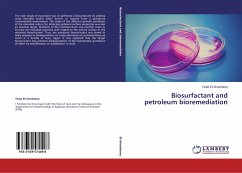Petroleum hydrocarbons are ubiquitous persistent environmental contaminants generated by natural combustion processes as well as from human activities. Polycyclic aromatic hydrocarbons (PAHs) are a major component of petroleum hydrocarbons. Biodegradation is a promising process for responding to contamination by petroleum hydrocarbons. The ability of microorganisms to degrade hydrocarbons and facilitate their mineralization by forming more labile organic compounds through the breakdown of intramolecular bonds has been extensively studied. Microbial degradation is a rate-limiting factor in many biogeochemical cycles. As a result, microorganisms have contributed to the development of different bioremediation technologies.
Bitte wählen Sie Ihr Anliegen aus.
Rechnungen
Retourenschein anfordern
Bestellstatus
Storno

